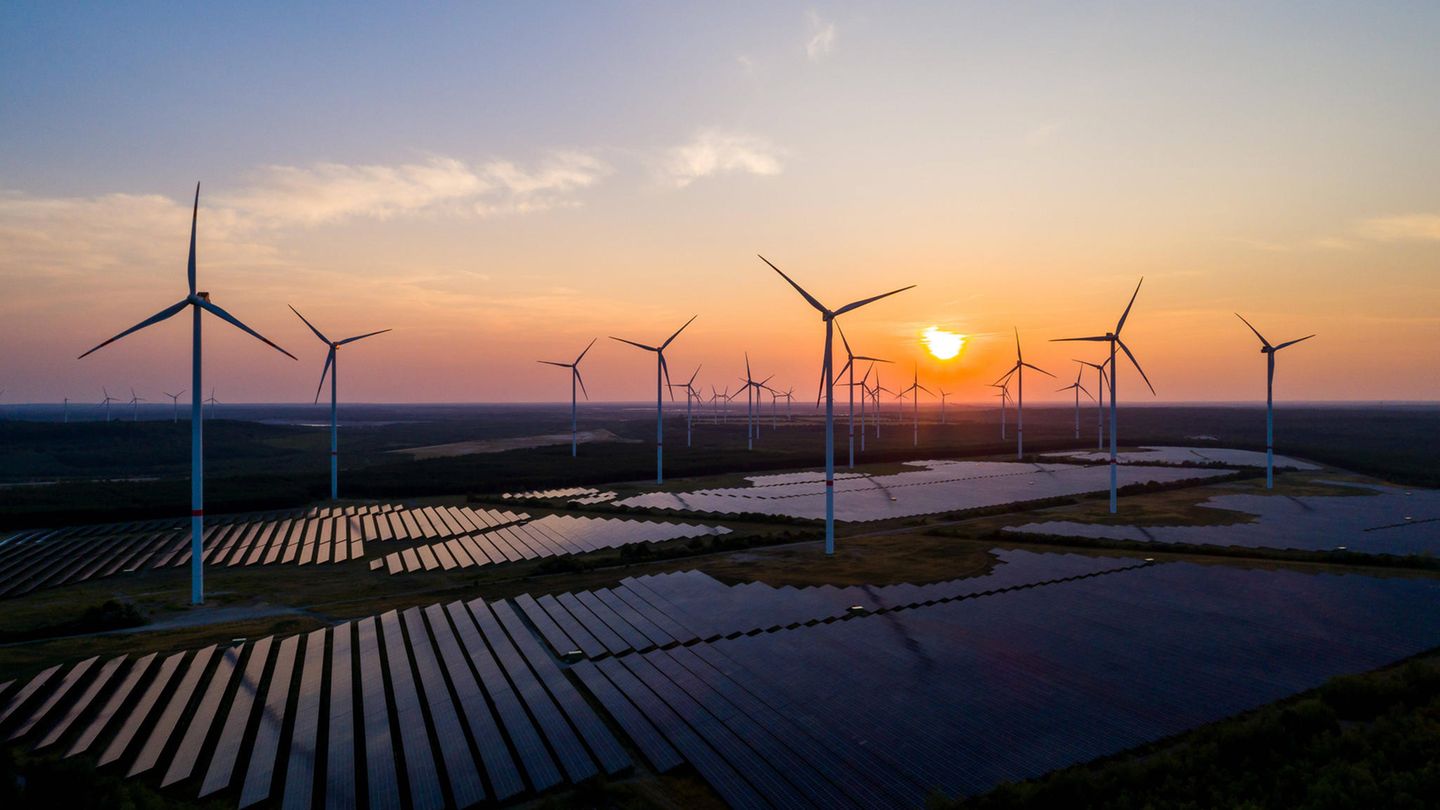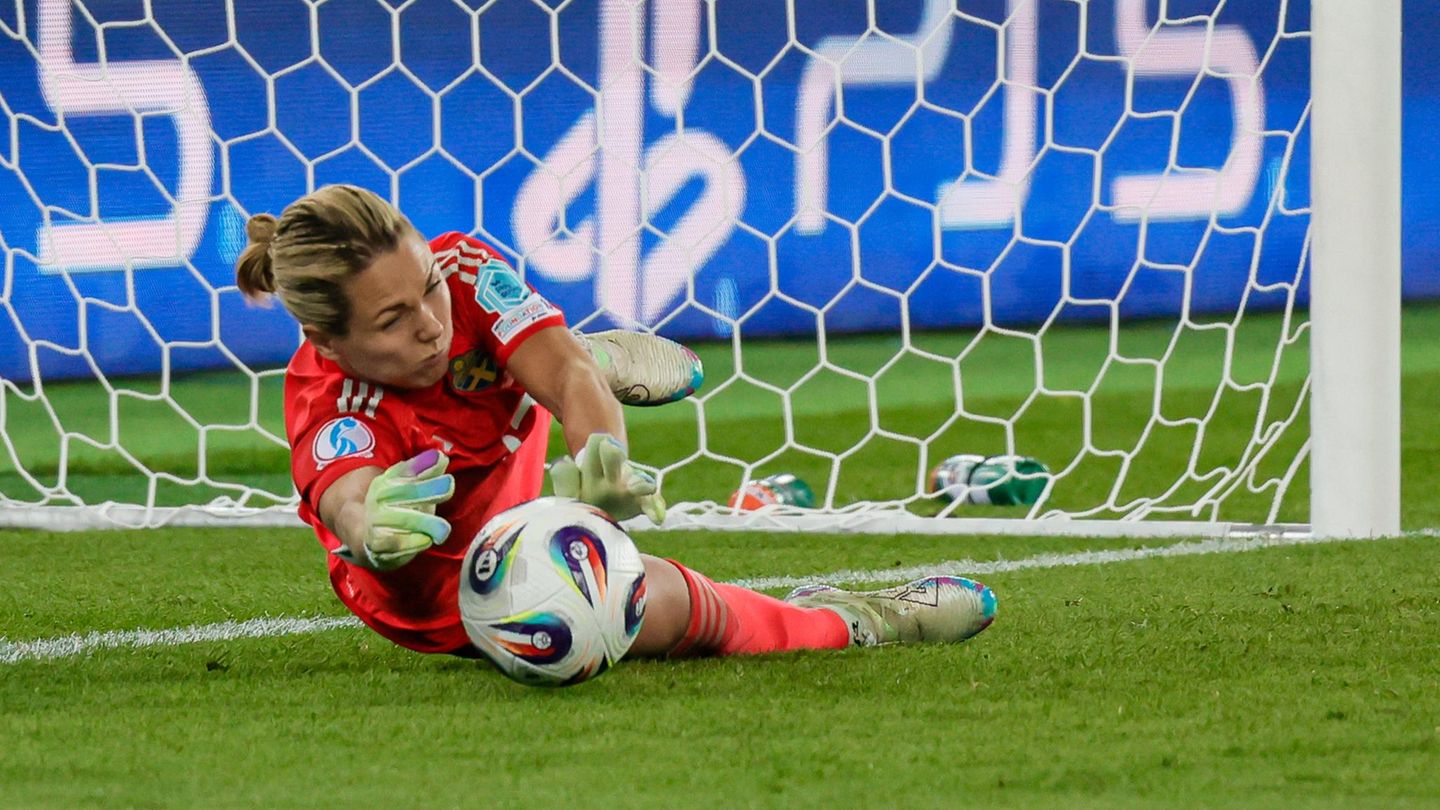Opinion
Consumers in the southern federal states pay less for electricity than in the northern states. This is where most of the wind turbines are located, which supply the entire republic with cheap energy. An injustice that borders on scrounging.
The head of the Federal Network Agency, Klaus Müller, has spoken out in favor of reducing grid fees for customers in regions with a lot of wind power. That means making electricity cheaper. This is urgently needed. Because that would finally eradicate a bitter system error that has ensured that electricity customers in the north and east also pay for the cheaper energy tariffs in the south and south-west of the republic.
Background: As more and more wind turbines and solar systems are being built, new power lines and distribution stations also have to be built. That costs the network operator money. They are allowed to pass on the investments to the consumers who are connected to the networks. The surcharge is called the network fee. It currently accounts for about 21 percent of the electricity price on the national average. So if a kilowatt hour costs 32 cents, this includes just under seven cents of the grid fee.
That initially sounds market-based and conclusive. But the principle has two catches: First, the amount of the network fee for a household depends largely on how many other households are connected to the network. If there are many, the financial burden is spread over many shoulders. If there are few, the individual is asked to pay more. Example: In Bavaria, where 186 people live per square kilometer, there are more shoulders than in Brandenburg with 85 people. Therefore, according to Verivox, a Bavarian family (electricity consumption: 4000 kilowatt hours) pays 323 euros per year for the grid, while in Brandenburg 477 euros are incurred.
Second snag: The Bavarians benefit from the large amount of cheap wind power that is directed to them from the north and east. But they don’t support the expansion of the infrastructure at the other end of Germany accordingly. In addition, they show little enthusiasm for setting up green power plants themselves. In Brandenburg, 21 new wind turbines were installed in the first half of the year, in Bavaria it was a meager five.
It’s about justice
Not only the head of the authority Müller, but also the prime ministers of federal states with many wind turbines are calling for a change in network charges. There are various suggestions as to how this could work: The electricity market could be divided into at least two (wholesale) price zones, while CSU boss Markus Söder railed against it because his country was in the more expensive one. Bavaria’s Economics Minister Hubert Aiwanger demands that the state finance the expansion of renewable energies; that’s the only way to get justice.

The Federal Government wants to leave the decision on compensatory measures with the Federal Network Agency. It is responsible for this under European law. A bill is in the Bundestag. The Energy Industry Act is expected to be amended accordingly in the autumn.
Justice is becoming an increasingly important issue in the energy transition. It’s about costs, but also about the use of landscape, for example for wind power. If the burdens and benefits are not distributed fairly, the already low level of approval for the green transformation of the state could continue to decline. Nobody can want that in view of the climate change that can be felt everywhere.
Source: Stern
I have been working in the news industry for over 6 years, first as a reporter and now as an editor. I have covered politics extensively, and my work has appeared in major newspapers and online news outlets around the world. In addition to my writing, I also contribute regularly to 24 Hours World.




